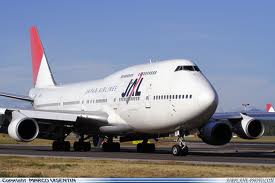In many business decisions, there are tradeoffs. Sacrifice is always needed to make a breakthrough or to undergo significant transformation. In 2013, Japan Airline ordered 31 long-haul jets Airbus, a European aircraft manufacturing company, after years of being Boeing’s exclusive customer. It was definitely not a easy decision to make. Because of the loss of loyalty, Japan Airlines will no longer receive any “preferential treatment” including discounts and creative packages from the Boeing Company. In addition, it was a costly decision. Switching planes cost JAL large amount of capitals for ongoing maintenance and trainings since the Airbus pilots and mechanics are also included in the “plane package”.
Even though this new plan took a toll on the company’s physical asset, the potential profit JAL may gain considerable. Undoubtedly, this switching action rebuilds customers’ trust and confidence in JAL. The electric system problems Boeing 787 has that caused several accidences blemished JAL’s reputation and aroused enormous safety concerns. Suspending Boeing 787 and finding an alternative is their best way to keep customers. Most importantly, the newly formed collaboration with Airbus gave JAL more buyer power, greater flexibility, and a more favorable position on negotiation tables.
In this case, JAL trade a considerable number of cash for a future potential growth and more buyer power. Because of the company’s intelligent weighing of gain and loss, it successfully survived from the trust crisis and vigorously moved to the next chapter.
http://www.businessweek.com/articles/2013-10-07/how-japan-air-lines-flexed-its-negotiating-muscles#r=most%20popular



